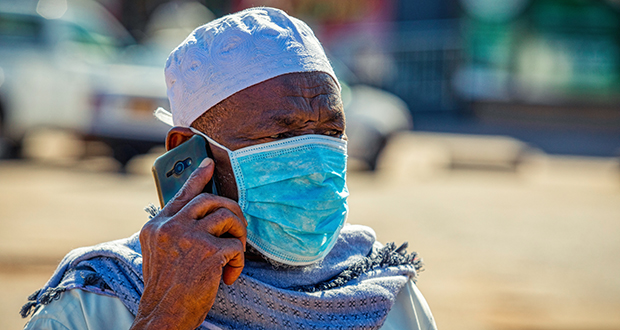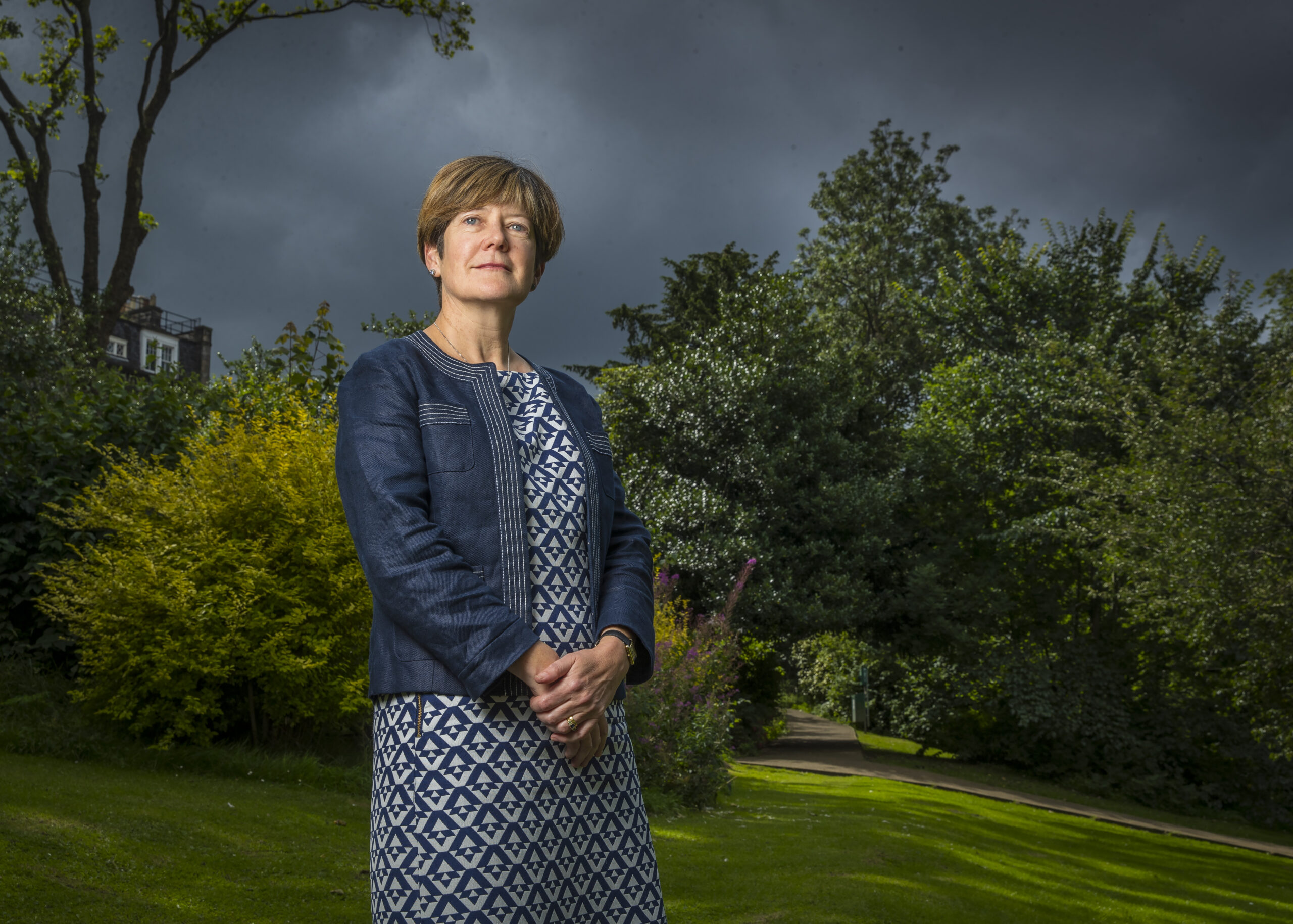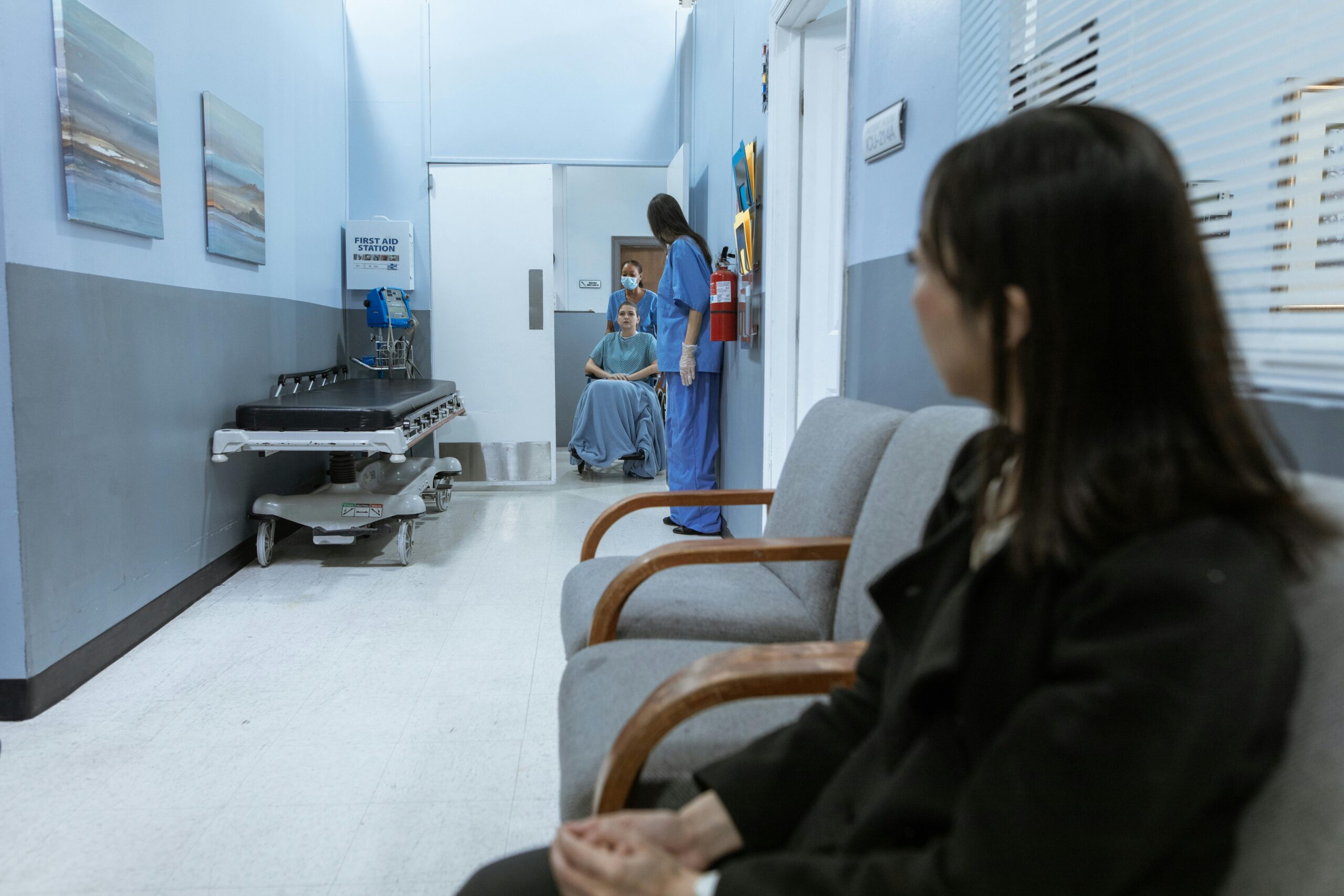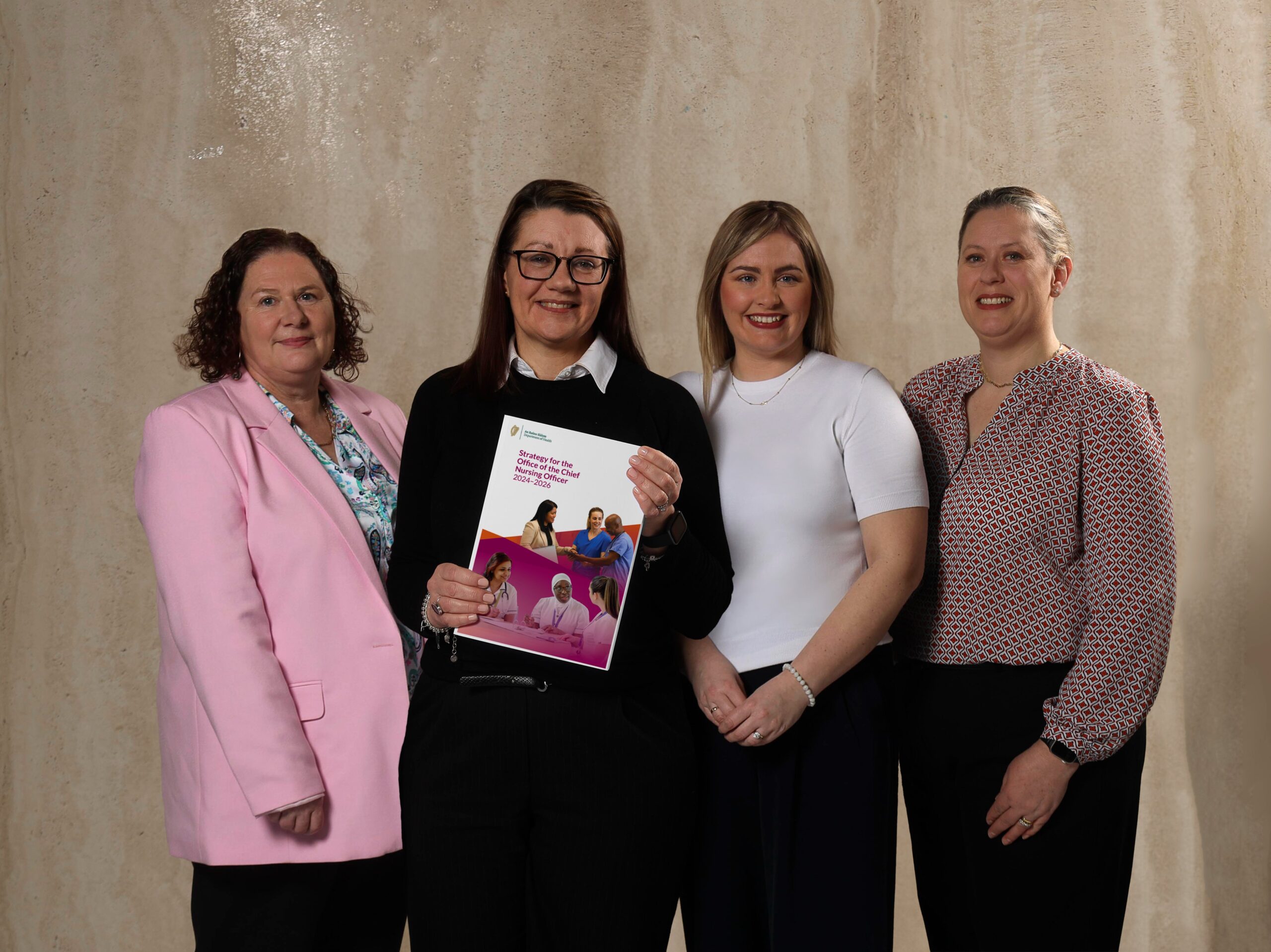New Research Sees Higher Covid-19 Vaccine Acceptance in Low Income Countries

A new study published has found Covid-19 vaccine acceptance is higher in low and middle-income countries than in richer countries.
Published in \’Nature Medicine\’, findings from the study by Trinity College researchers and international colleagues reveal that willingness to get a Covid-19 vaccine was considerably higher in developing countries (80% of respondents) than in the United States (65%) and Russia (30%).
The study aimed to examine vaccine acceptance and hesitancy in 10 low and middle-income countries in Asia, Africa, and South America and has provided one of the first insights into vaccine acceptance and hesitancy in a broad selection of low and middle-income countries.
Personal protection against Covid-19 was the main reason given for vaccine acceptance among of low and middle-income countries respondents, while concern about side effects was the most common reason for vaccine hesitancy.
Health workers were considered the most trusted sources of information about Covid-19 vaccines.
Andrea Guariso, Assistant Professor of Economics, Department of Economics at Trinity College, who co-authored the study said, “the high vaccine acceptance we observe in low- and middle-income countries gives us reason to be optimistic, but governments and international organisations need to quickly develop effective vaccine uptake programmes, engaging trusted people like health workers to deliver clear and accurate messages to the public.\”
“Right now, we are seeing how vaccine hesitancy across Europe, the US, and other countries is complicating policy decisions and endangering the progress made so far.\”
The study included over 20,000 survey respondents and brought together researchers from over 30 institutions including Trinity College, the International Growth Centre (IGC, a global network of researchers working in development), Innovations for Poverty Action (IPA), WZB Berlin Social Science Center, the Yale Institute for Global Health, the Yale Research Initiative on Innovation and Scale (Y-RISE), and HSE University (Moscow, Russia).
The researchers conducted the surveys between June 2020 and January 2021.
Source: Irish Medical Times
You might also like
For relevant updates on Emergency Services news and events, subscribe to EmergencyServices.ie









